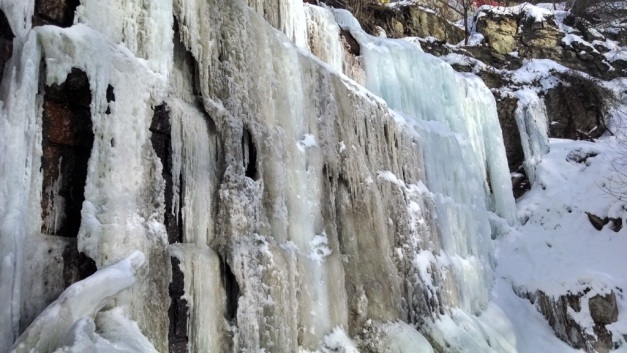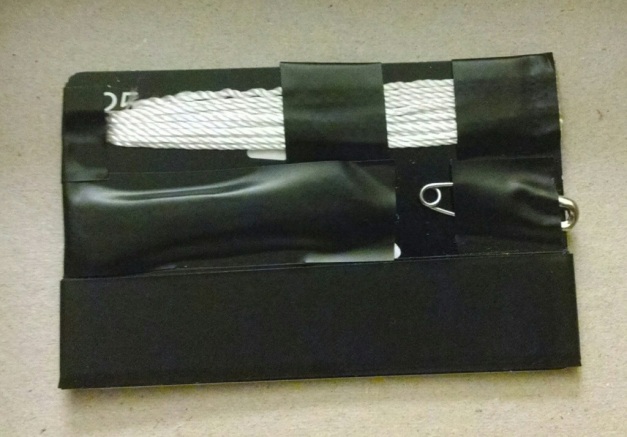If you plan on spending time outside when it’s cold out, it’s imperative to learn how to do things right and follow proper safety guidelines to ensure a fun and incident free time. In light of this, I decided to compile a list of useful tips for winter camping and hiking. Some of them you may already know, but hopefully you will learn one or two new things from this post.
1. DIY hand/foot warmers
Hand warmers can be purchased just about anywhere, but they can get expensive and they aren’t reusable. Fortunately, they are super easy to make reusable ones yourself. The perfect project for your next free day, simply take some fabric and sew three sides of it to make a square pouch. Then add some uncooked rice, and sew up the final side. When you find yourself in need of some heat, simply zap it in the microwave for a minute or two and you’ll have a nice hot pack that’s reusable time and time again.
2. Buy the proper boots
For winter boots, it’s important that your feet fit properly. If not, you are likely to end up with uncomfortable, blistered, and cold feet. Put in the time and effort to try on a few different pairs and go with the ones that are most comfortable. Also, don’t tie them super tight. While it may be tempting to keep them super tight to your feet, the tighter they are, the more they cut off your circulation and the colder your feet will be.
3. Get plenty of fire wood
As a general rule, you want at least three times as much firewood as you think you need. This is especially true in the winter, when the warmth is important and finding firewood at 2 in the morning is a difficult task (trust me, I know).
4. Bring Chapstick
I don’t usually use lip balm, but I find it super useful in the winter. Cold, dry, chapped lips are an unpleasant experience and something worth avoiding. Even if you aren’t prone to dry lips, the petroleum based stuff makes for an amazing fire starter that could literally be a life saver in the winter.
5. Explore the animal trails
Winter is one of my favorite times to explore because you can discover so many new things. With leaves off the trees, visibility is much greater than the summertime. Following animal trails can be a great way to discover new places, and safer than venturing out into super deep snow without knowing what’s beneath you. Keep in mind that we are guests in there house though, so try not to disturb their paths.
6. Cotton is rotten
Yes, I know this is an old adage, but important nonetheless. I’m sure just about everyone reading this already know this rule, but cotton gets cold when it gets wet. Stick to polyester and wool, they are not only warmer to start with, but won’t lose heat retention when the get wet.
7. Bring extra socks
Possibly the most underrated comfort tip I know, extra socks can be the most amazing thing after a long day in the trail. Toss a few extras in your backpack, and let your feet thank me as they sit in warm, dry bliss after your hike.
8. Take advantage of snow
Snow is a great asset to winter campers. If your in a tarp or hammock, use it to form a wind block outside of your shelter. Heck, make a shelter out of snow if there’s enough. To wash your dishes, simply melt a pot of snow and do your dishes with it. That way, you don’t use your valuable drinking water, and you don’t have to lug any extra water around either. Theres like, a quadrillion other things snow is useful for too, so use your imagination.
9. Wear two pairs of gloves
One thick pair of gloves, and you’ll find yourself taking them off every time you need to do something. One thin pair of gloves, and you’re fingers will freeze. Instead, use a glove liner and shell system. That way, you can strip down to the liner for more dexterous tasks, while keeping some warmth.

